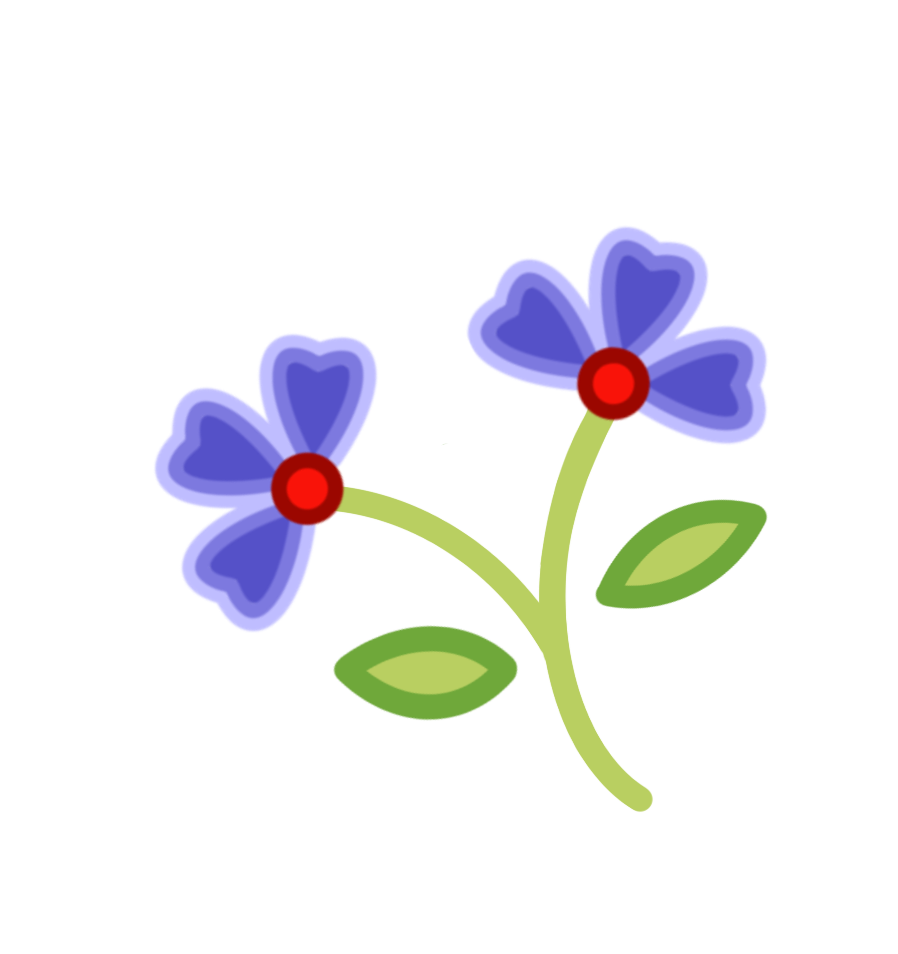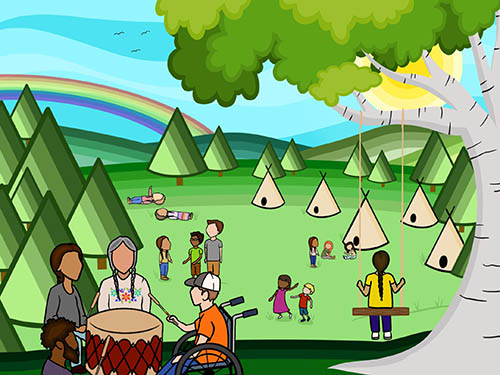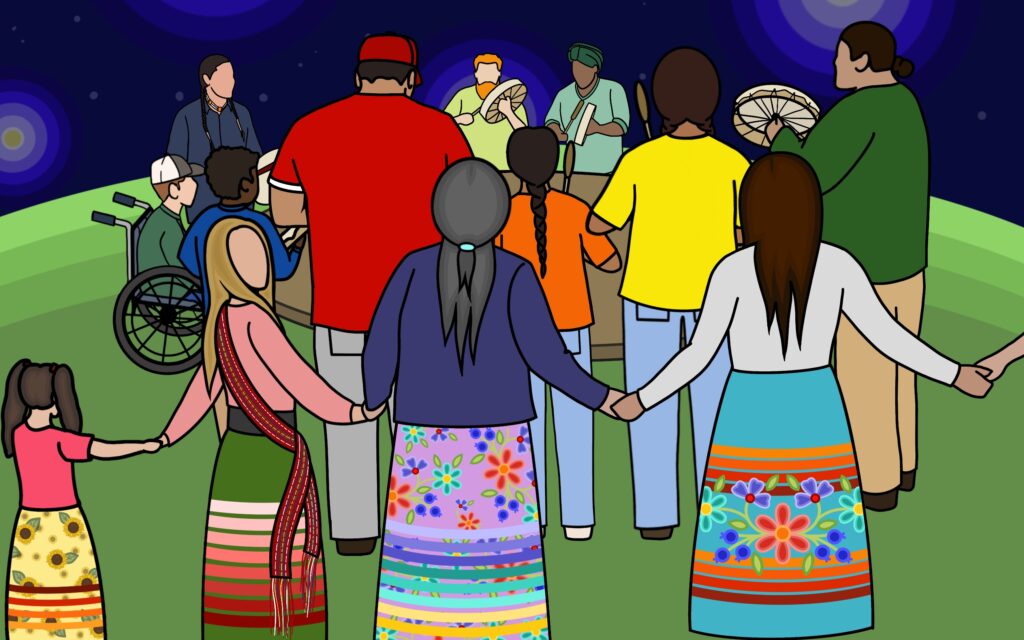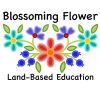Programs


Blossoming Flower programs will start with a year-round multilingual day camps, and evolving to include child care and school programs.
Our inclusive, innovative programs will invite Indigenous and non-Indigenous people to play learn and work together on the land through a hybrid approach to teaching and learning.
Programs will integrate Indigenous language, culture, traditions and practices, the Forest School model, and for the school, the Alberta Curriculum.
We are committed to following the Truth and Reconciliations Commission of Canada’s Calls to Action, the United Nations Conventions of the Rights of Children, and the United Nations Declaration on the Rights of Indigenous Peoples.
Blossoming Flower Land-Based Education delivers programs that achieve the following outcomes:
- Encourage learners to have stronger, reciprocal relationships with the land
- Develop vibrant, intercultural relationships with their peers and program staff
- Have greater confidence in who they are and the gifts that have
- Gain a better understanding of Indigenous culture, the traditional lands they are on, and the ability to say words and phrases in an Indigenous language
- Have an increased ability to navigate risky situations developed through assessment for risky play

The Forest School model supports students of any age and demonstrates timeless ways of developing responsible, caring and culturally aware citizens of the world. Its emphasis on unstructured outdoor play keeps children active, engaged and aware of the natural world around them. It’s a welcoming and inclusive avenue to develop healthy relationships and environmental responsibility. Increasingly, Indigenous and non-Indigenous families are embracing Forest Schools as a form of outdoor learning to enrich the physical and mental growth and development of their children.
The Forest School model is an ideal complement to traditional Indigenous land-based education. These holistic, participatory approaches to teaching and learning hold great potential in developing solutions to crises in mental health, climate change and mass extinction, and creating a more inclusive society. When combined, these approaches offer the opportunity for Indigenous and non-Indigenous people to come together to build positive relationships through work and play. It is an opportunity to put reconciliation into action.
